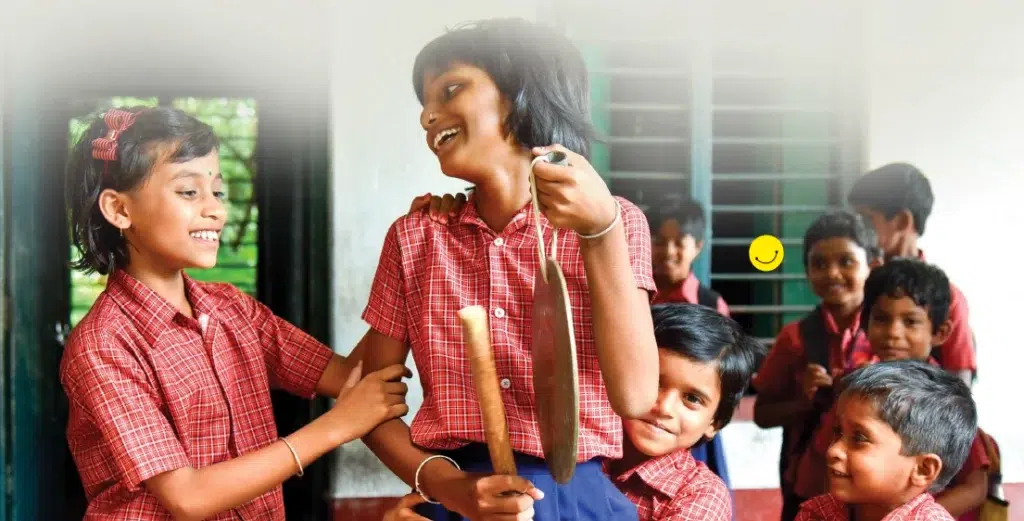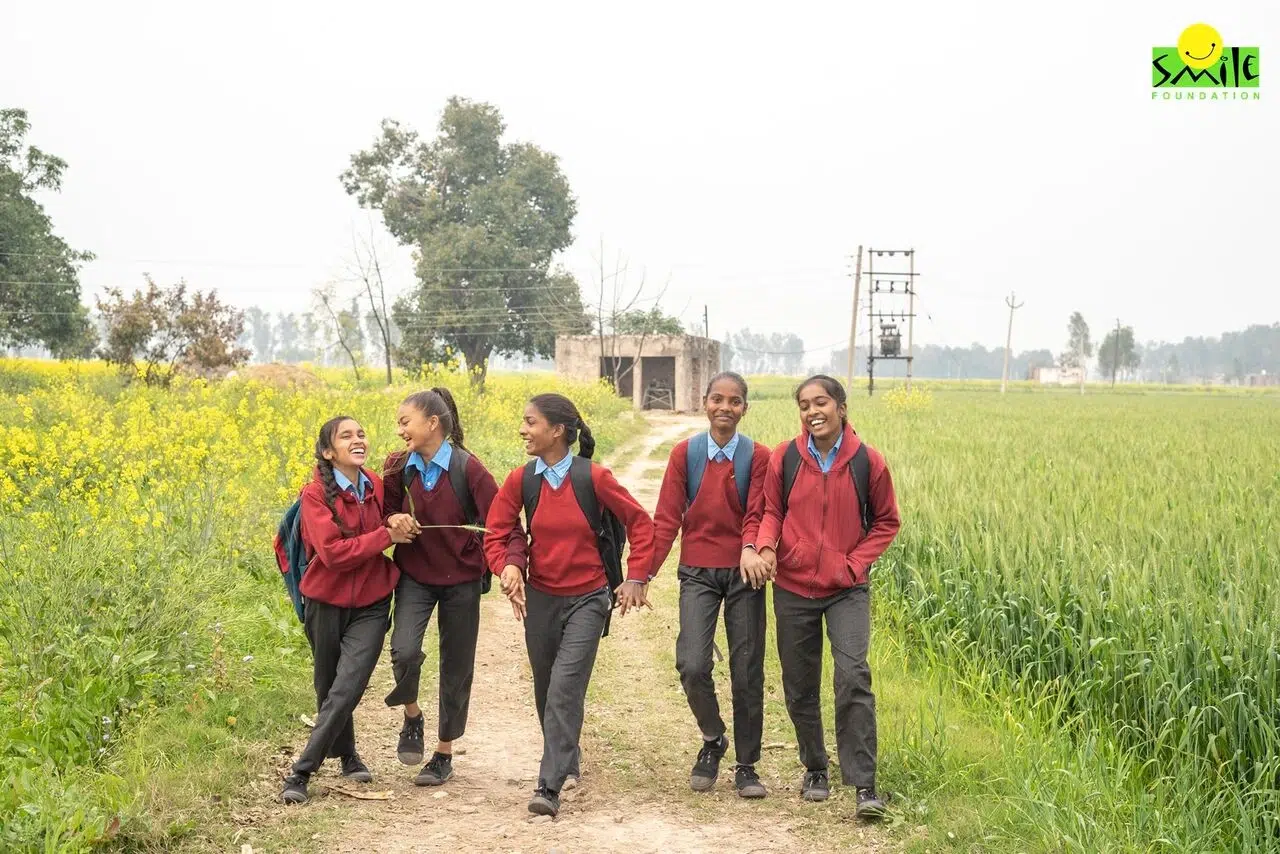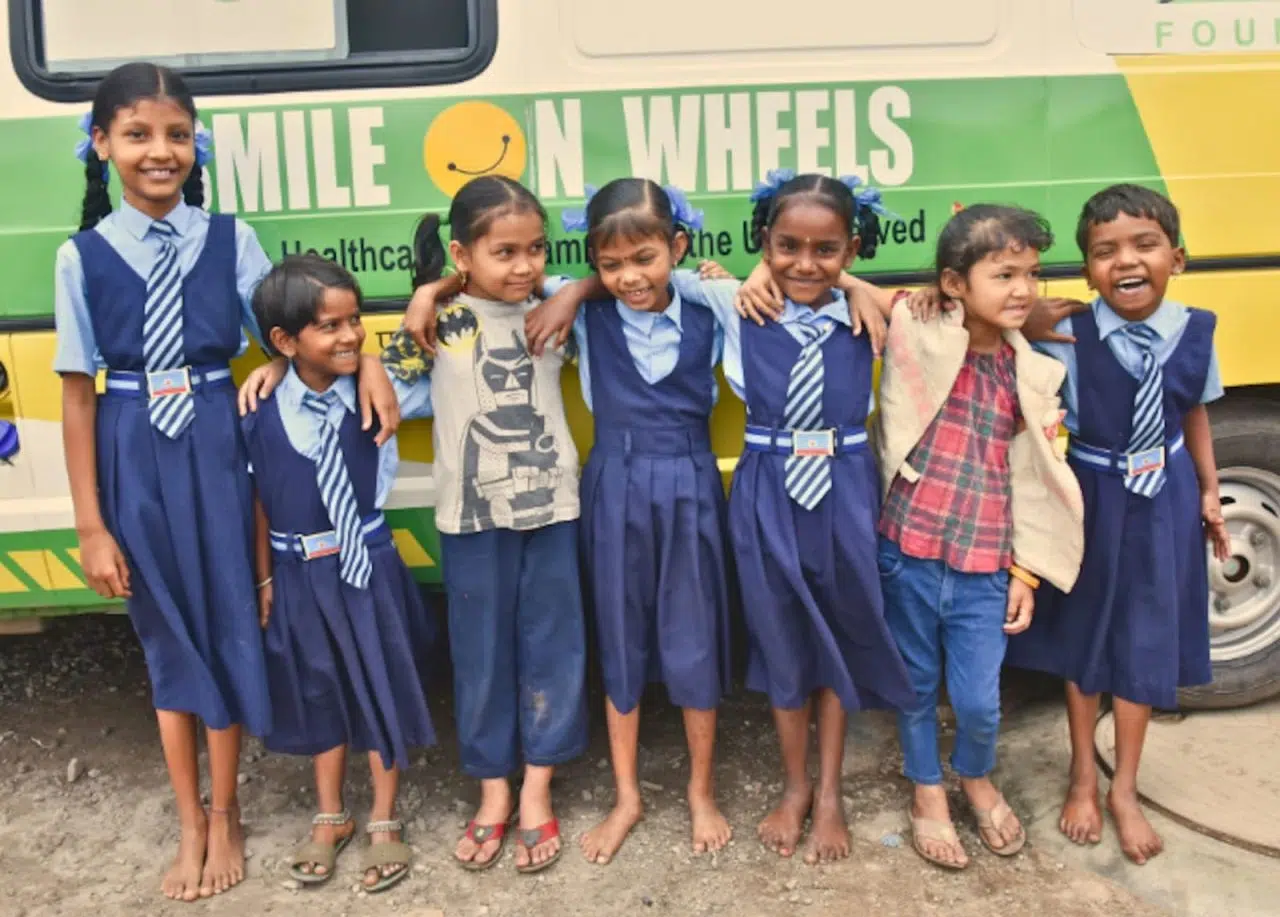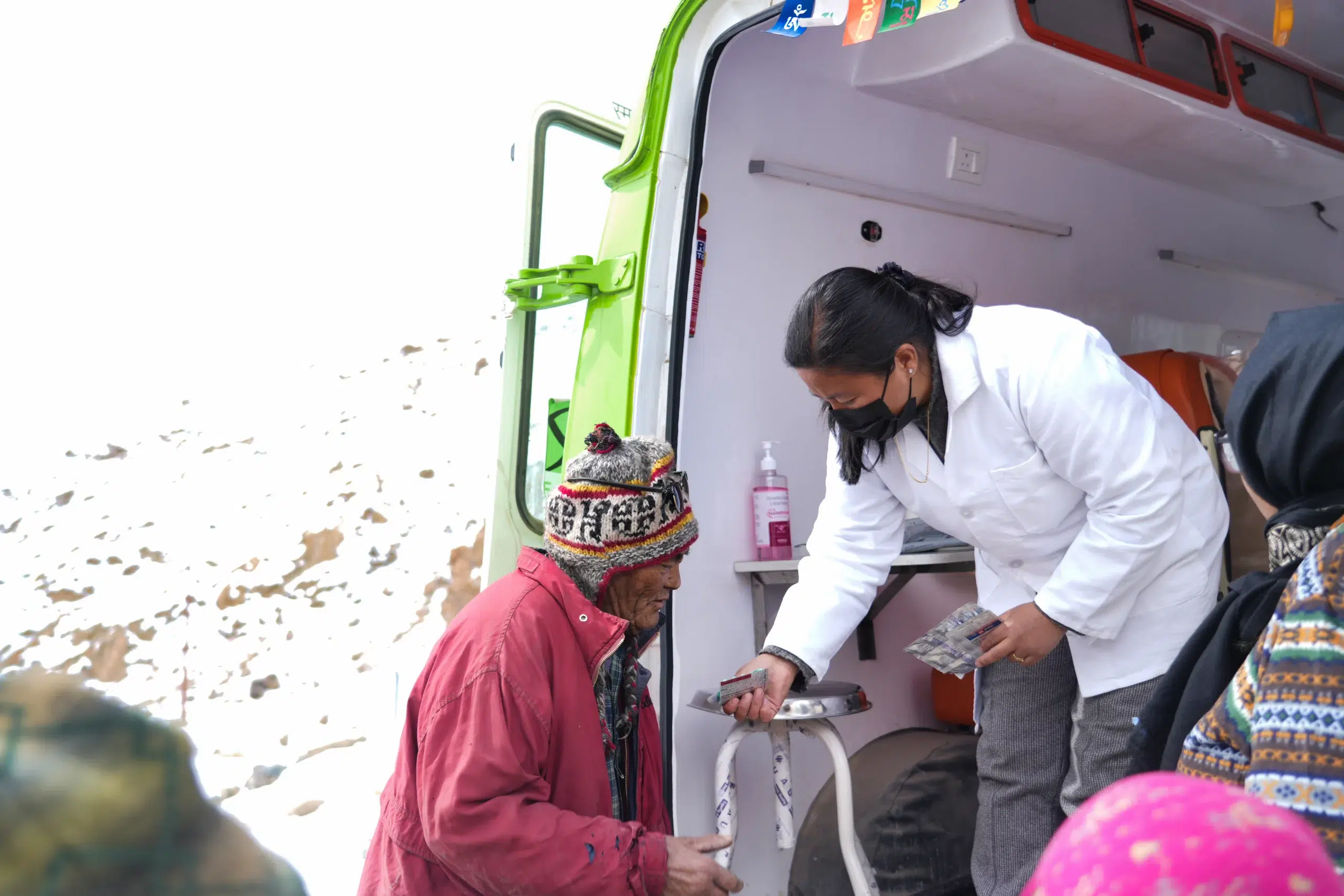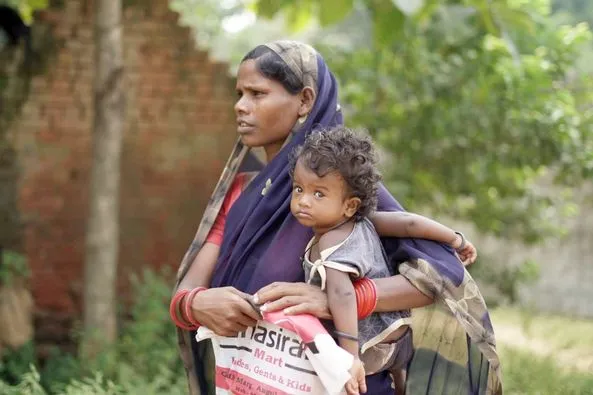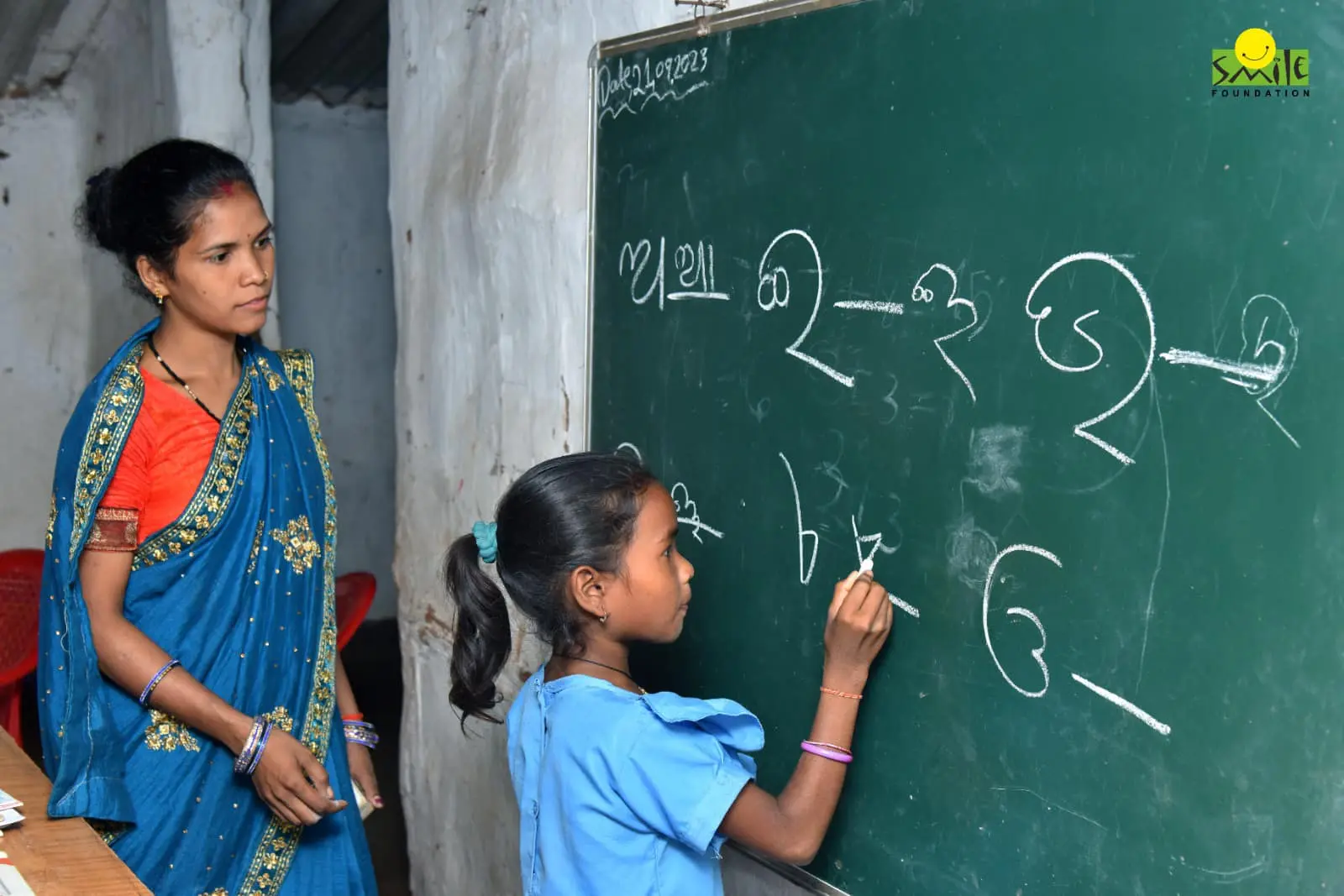In psychology, socio-emotional development is often viewed as an ongoing process where the human mind evolves through cycles of crisis and resolution. This development is essential for the overall growth of a child, with the foundational stages of socio-emotional needs beginning at birth. Children learn at an astonishing rate from their observations and experiences.
Numerous studies over the years have demonstrated that the socio-emotional needs met during preschool significantly influence an individual’s ability to adapt and succeed later in life. This development starts from day one, establishing the foundations for emotional regulation, kindness, acceptance and resilience in the face of life’s challenges. These crucial skills are nurtured during childhood.
As adults, including educators, parents and caregivers, it is vital to provide children with a safe environment where they can freely express their emotions and come to terms with their feelings.
How to address the socio-emotional needs of children
In a developing country like India, where 7.8 million children live in slums and poverty is pervasive, creating a safe space for children is a significant challenge.
The stark divide between rich and poor disproportionately impacts communities and children in slum areas face barriers to their emotional development. Paying special attention to the socio-emotional needs of children from lower economic backgrounds is of utmost importance as they often grow up in hostile environments characterised by substance abuse, violence and gender-based violence—all of which can have lasting negative effects on their emotional growth.
To tackle these challenges and support the socio-emotional needs of these children, tailored frameworks are often necessary to address the specific difficulties faced by children with diverse experiences.
A key step in supporting the socio-emotional well-being of children is to start by identifying and addressing the concerns of their families. This involves asking open-ended questions about social-emotional milestones and intentionally observing interactions between parents and children, as well as how children engage with their environment and themselves. The key is to keep it simple and test the ground waters of a child’s emotional health before going in for the big, bad questions.
The good and the bad
A child’s social and emotional health significantly influences their overall well-being and comprehension of various situations. Research shows that mentally healthy children are generally happier, more motivated to learn and exhibit a positive attitude toward school. They are more likely to engage in classroom activities and achieve higher academic performance compared to their less mentally healthy peers.
Conversely, children who face social and emotional challenges often struggle to follow directions and participate in learning activities. They are at a greater risk of social rejection, low self-esteem, poor academic performance and even suspension. Therefore, a child’s social and emotional health is equally important as their physical health, as it affects their development and potential to lead a fulfilling life.
What is Socio-emotional Learning?
Social and Emotional Learning (SEL) is a crucial aspect of human education and mental development. But what exactly is SEL?
Through SEL, children cultivate the knowledge, skills and attitudes necessary to build healthy identities. It enables young individuals to manage their emotions, set and achieve personal goals, develop empathy and form supportive, healthy relationships.
The various approaches within SEL promote educational equity by fostering genuine partnerships between schools, families, and communities. SEL can help tackle different types of inequity, empowering both young people and adults to collaborate in creating thriving educational environments and contributing to safe, healthy and just communities.
SEL encompasses five core competencies that are essential for the holistic growth of young minds in schools, homes and communities.
These five components focus on self-awareness, social awareness, relationship skills, self-management and responsible decision-making.
These elements of SEL are foundational to addressing a child’s socio-emotional needs. However, SEL is not a separate subject like history or maths; it should be integrated into the overall school curriculum. When educators make academic lessons more personal and relevant to students, it can encourage greater participation and reduce the likelihood of students disengaging mentally. By developing empathy, self-awareness and a sense of safety and inclusivity in the classroom, SEL can create a lasting positive impact.
Additionally, a study published in ResearchGate emphasises the importance of thorough assessments of social-emotional functioning throughout development, highlighting its significant implications for public health from infancy to adulthood. Such assessments can predict and correlate with mental health, academic success, delinquency, substance abuse and workplace performance.
For instance, when children do not successfully navigate developmental milestones related to social-emotional competence, they face increased risks of psychopathology, behavioural issues, poor academic performance, and substance abuse. Conversely, successfully developing these skills is linked to greater resilience in stressful situations.
How Smile Foundation helps in taking care of socio-emotional needs
Meeting the socio-emotional needs of every child, particularly those from low-income backgrounds, is one of the building blocks of a more equitable society. Education is a vital component of this effort. Smile Foundation’s flagship programme, Mission Education, seeks to work along with disadvantaged children by providing them with education, nutrition and wellness support. The programme aligns with the New Education Policy (2020) and Sustainable Development Goal 4 (which aims to ensure inclusive and equitable quality education and promote lifelong learning opportunities for all).

Mission Education focuses on children aged 3 to 18 who face challenging circumstances, including those from impoverished families, differently abled children, children affected by disasters, abandoned and street children, as well as those living in tribal areas, remote villages and hard-to-reach locations.
To partner with us for your education-related CSR project, please drop us a mail: [email protected].



